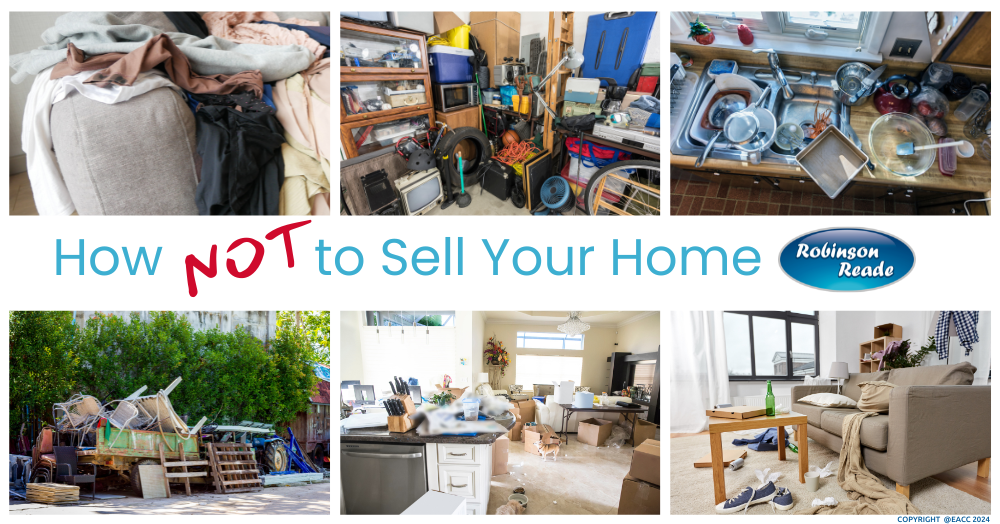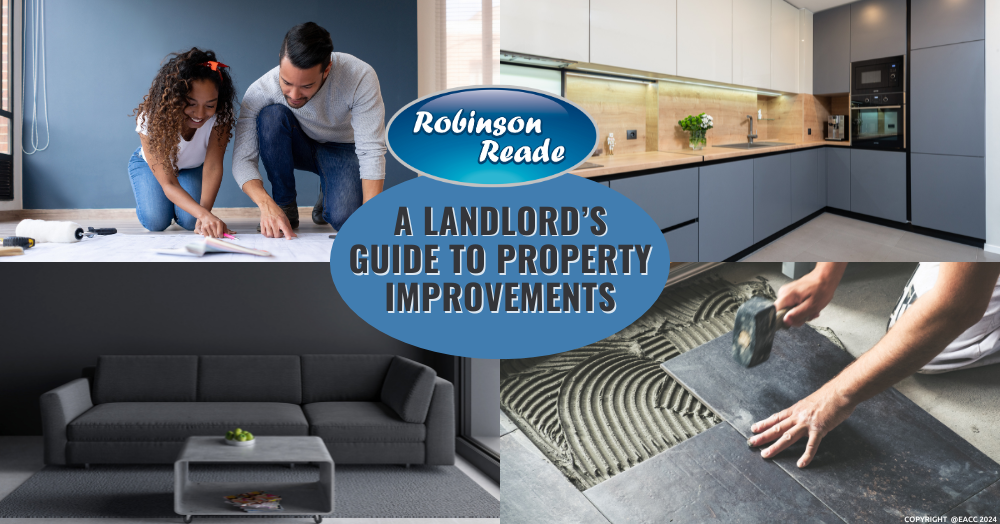If you’ve got a property you want to rent out, you’ll need to be aware of the potential costs involved. Here’s the first of our three part guide to landlord...
If you’ve got a property you want to rent out, you’ll need to be aware of the potential costs involved. Here’s the first of our three part guide to landlord costs in association with Propertymark.
The deposit for the mortgage
If you’re not a cash buyer and are planning to take out a mortgage for a buy-to-let property, then you will need a deposit for the property you wish to buy. You may need a higher deposit than if you were buying a property to live in, and keep in mind that the higher your deposit, the more mortgages you are likely to be accepted for.
The mortgage itself
Buy-to-let mortgages usually have higher interest fees than other mortgages but are often offered on an interest-only basis, meaning your monthly repayments will only cover the interest on the loan. Mortgages have their own fees to keep in mind, too so make sure you check these through before committing. If you want to discuss your mortgage requirements please call us and we’ll be happy to refer you onto an independent mortgage advisor who can scan the market for the best deal for you.
Tax
As a landlord, you will have to pay income tax on any profit made on your property from rent or fees paid by tenants. Any property you purchase that is not considered your ‘main residence’ is also subject to an increased rate of tax on top of the usual Stamp Duty/Land Transaction/Land and Buildings Transaction Tax. If you want to find out more please call us and we’ll be happy to explain this further.
Licensing
If you own a House in Multiple Occupation (HMO), you may need an HMO licence from your local authority in order to legally let it. In England, Wales and Northern Ireland this licence lasts for a maximum of five years; in Scotland, it usually lasts for three years, according to the GOV website.
You will need an HMO licence for every HMO property you own. Find out the cost of licences from your local council.
Selective or Additional licensing may also apply to your area if you are a landlord in England or Wales. Check with your local authority to see if you need to be licensed. Selective licensing costs, on average, around £590 per property and can last up to five years.
Scottish Landlord Register
Landlords letting property in Scotland must now be part of the Landlord Register if they wish to legally let a property. It is £65 to apply to the register for your local authority, then £15 for each property you are renting out. Your registration must be renewed every three years.
Rent Smart Wales
All landlords letting property in Wales must register with Rent Smart Wales by law and be licensed through them if they are self-managing their property (finding tenants and managing the property without an agent).
Registering online costs £33.50, or £80.50 if you wish to complete a paper application. You must re-register every five years.
To be licensed, you need to undergo, and have evidence of, training to be deemed fit and proper to manage your property. The courses offered through Rent Smart Wales can range from no cost to £100.
The licence fee itself is £144 for an online application or £186 for a paper application.
By using an ARLA Propertymark Protected Agent, you’ll have added protection, as our agents hold professional qualifications, regularly undertake training and adhere to a strict code of practice.
Thanks for reading … if you would like to chat about anything lettings, please give us a call – we’d love to get to know you!

Emma Macgregor MARLA
Lettings Manager
PS: if you are looking for a ‘smart let’ (www.robinsonreade.co.uk/quick-let-or-smart-let/) call us today on 01489 579009 or email us at lettings@robinsonreade.co.uk for honest, expert and friendly advice.



 by
by 


 by
by
Share this with
Email
Facebook
Messenger
Twitter
Pinterest
LinkedIn
Copy this link